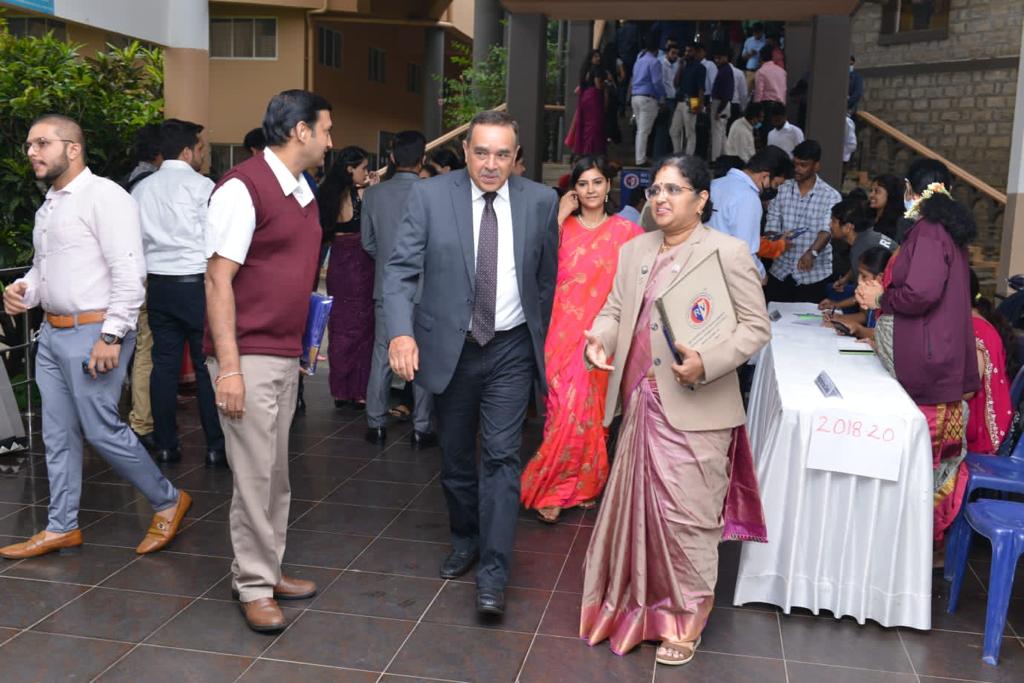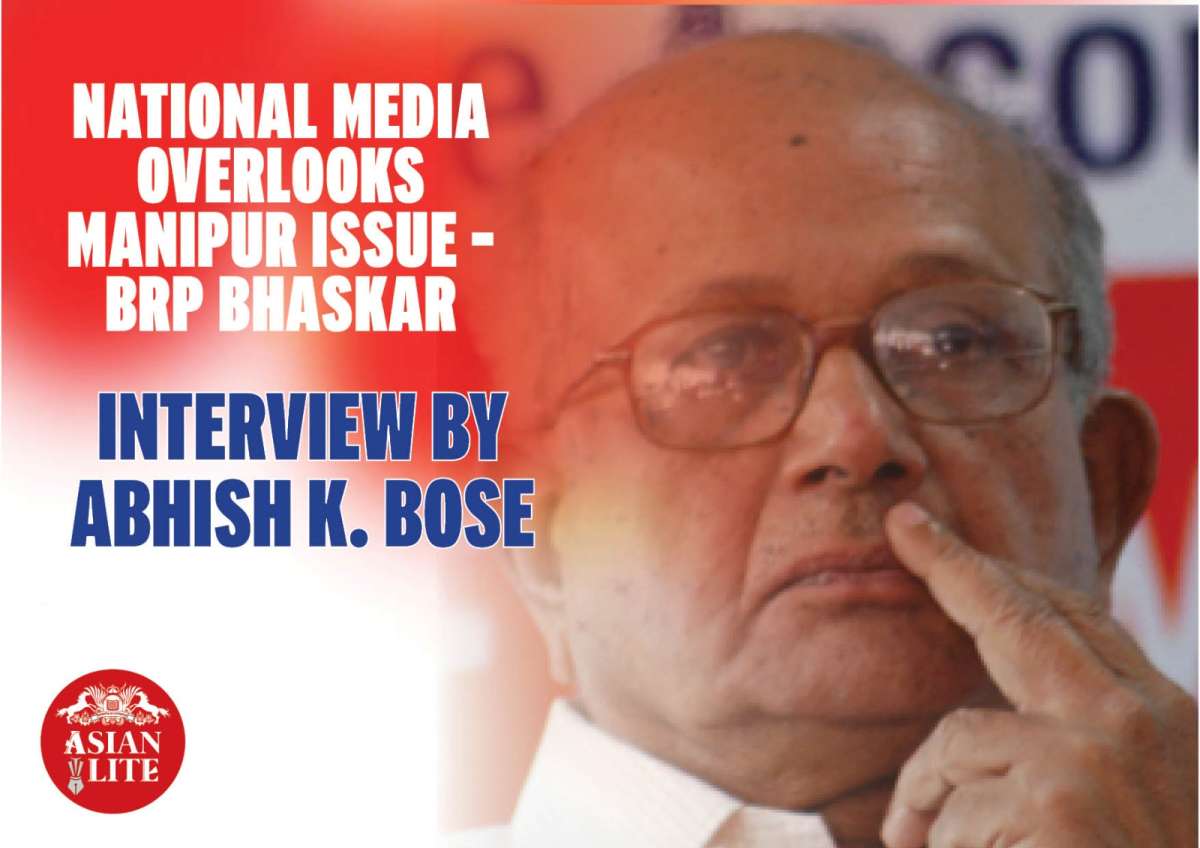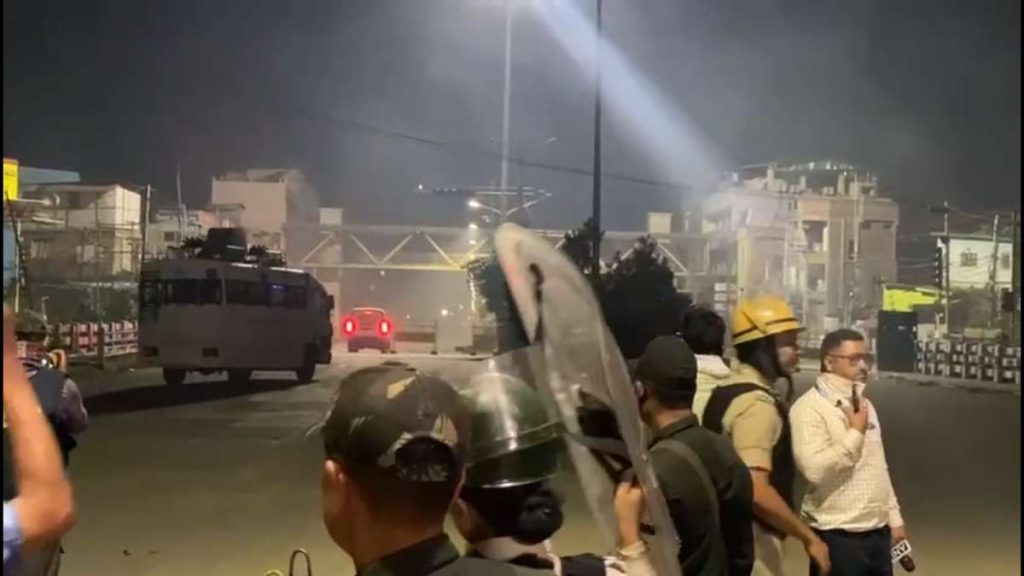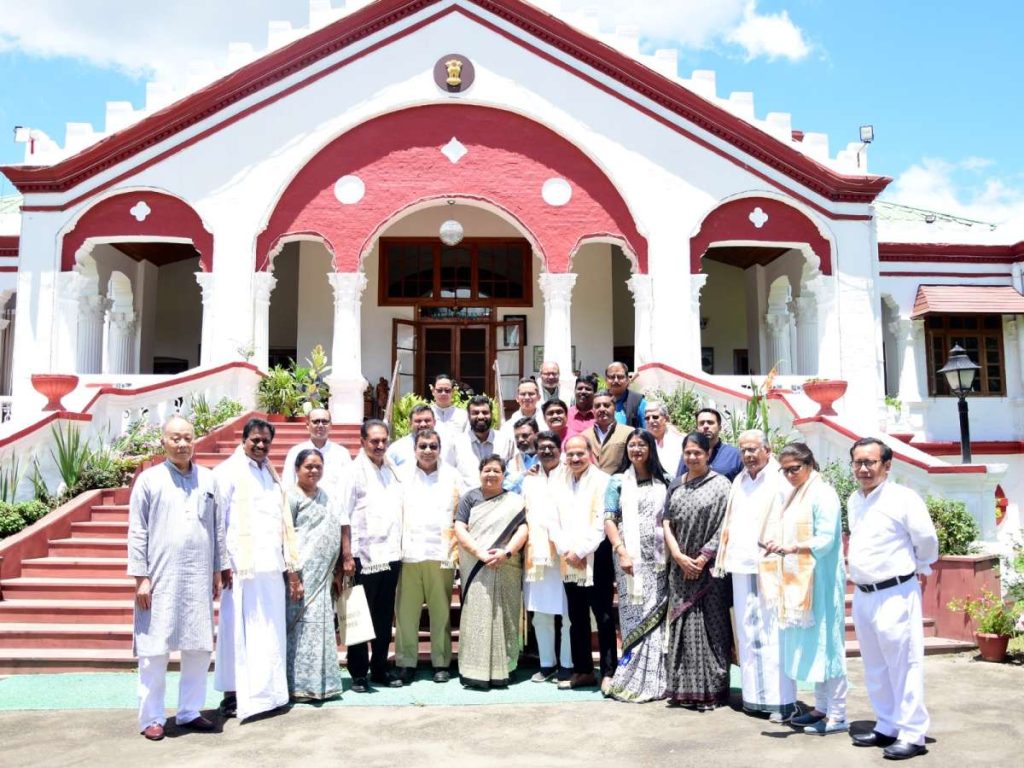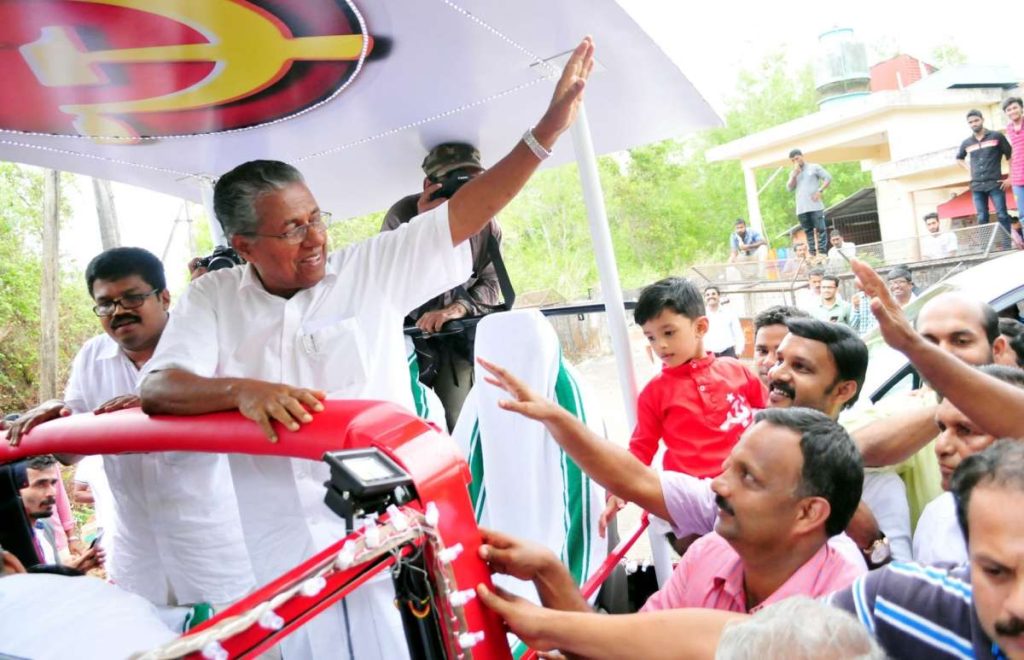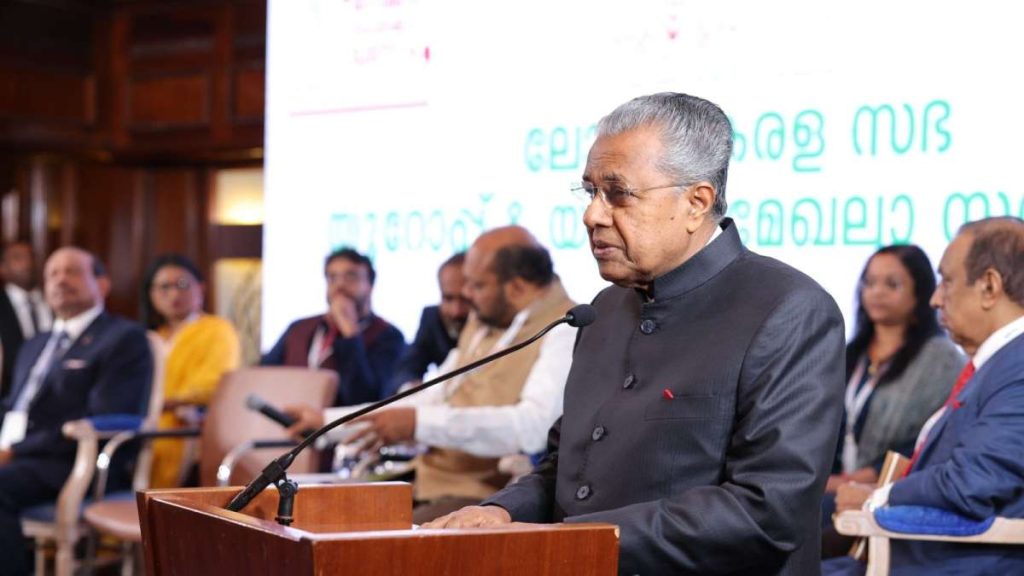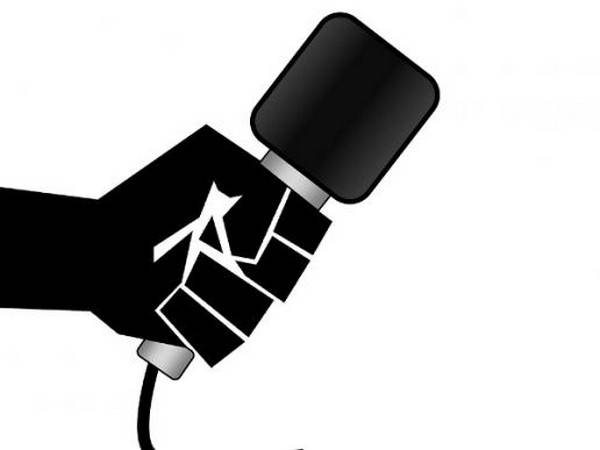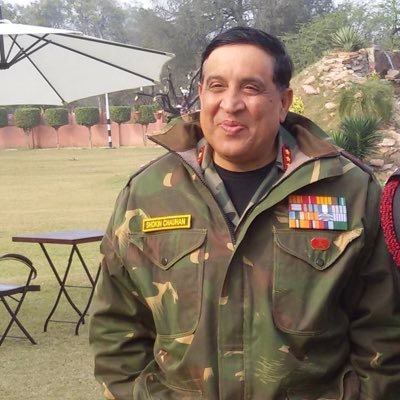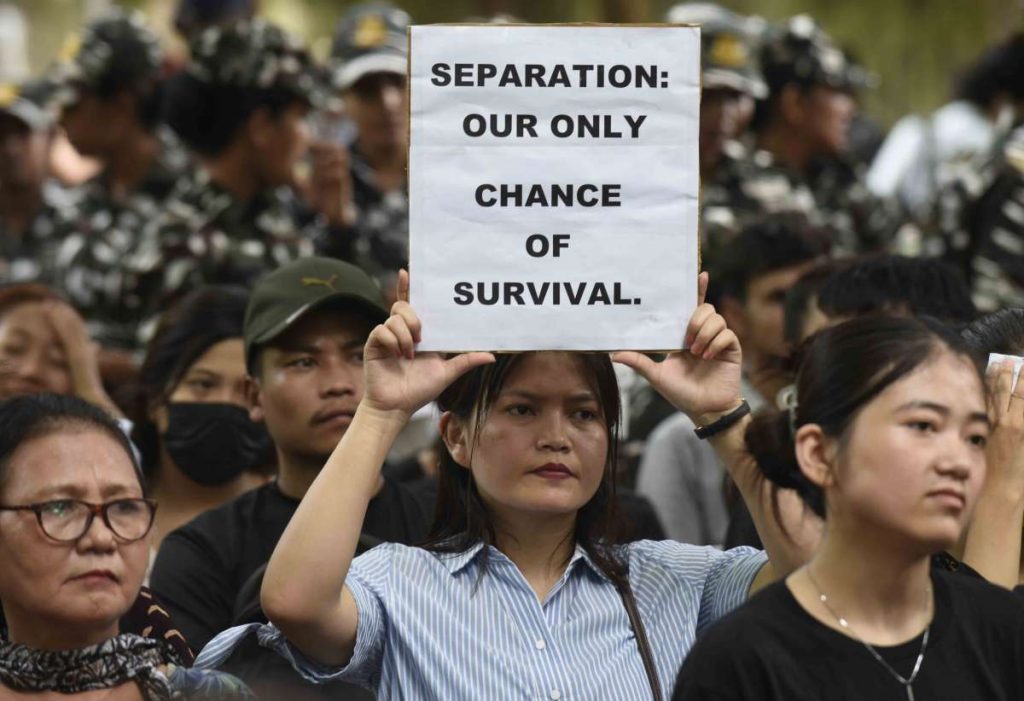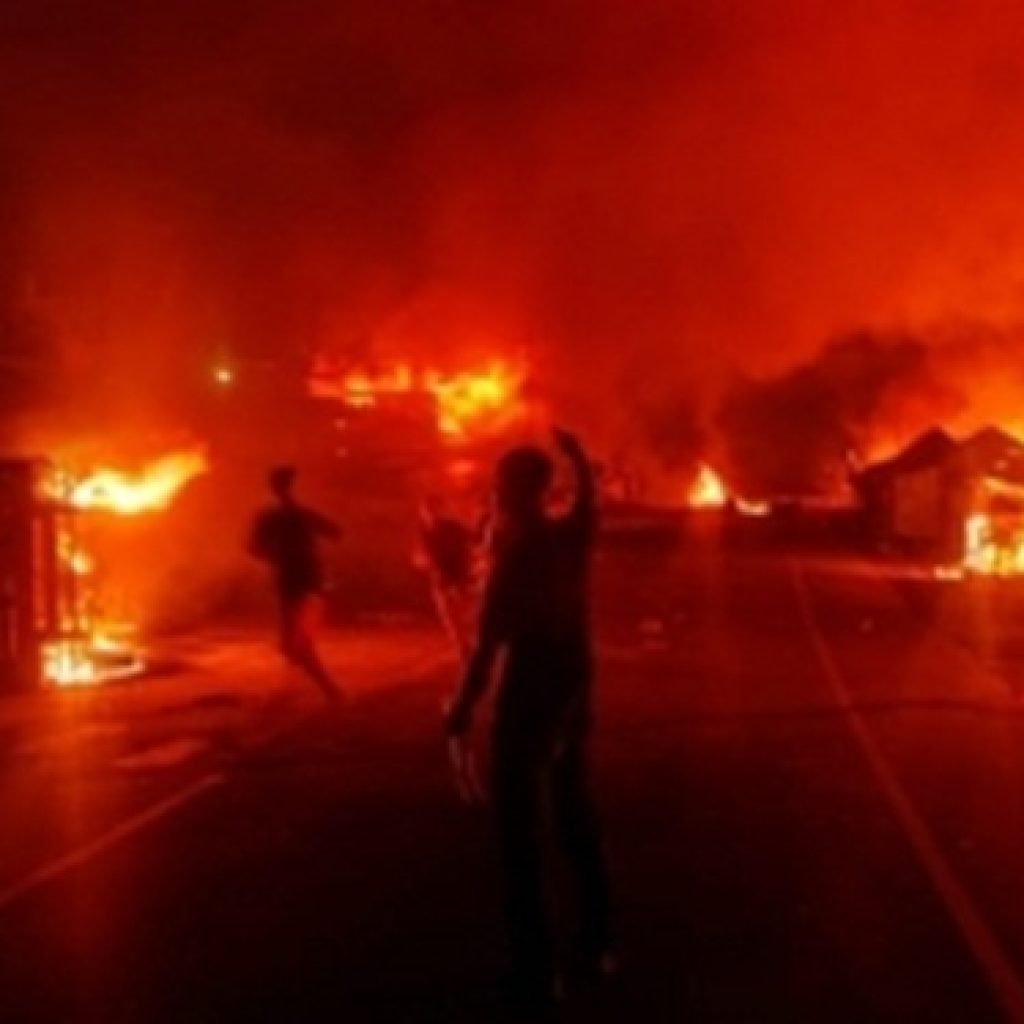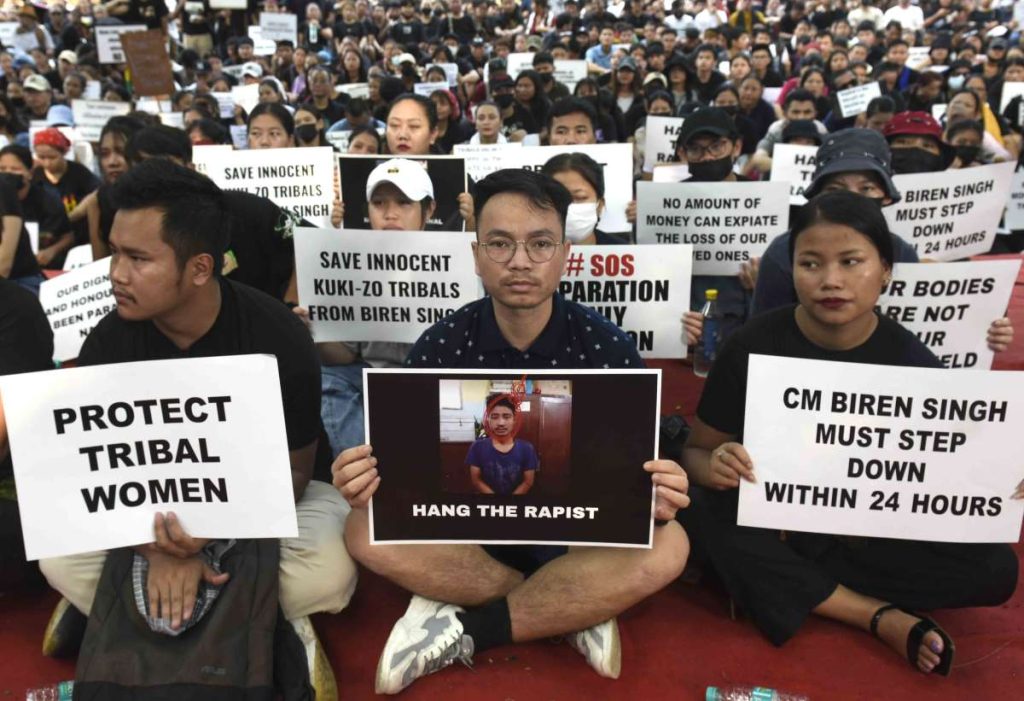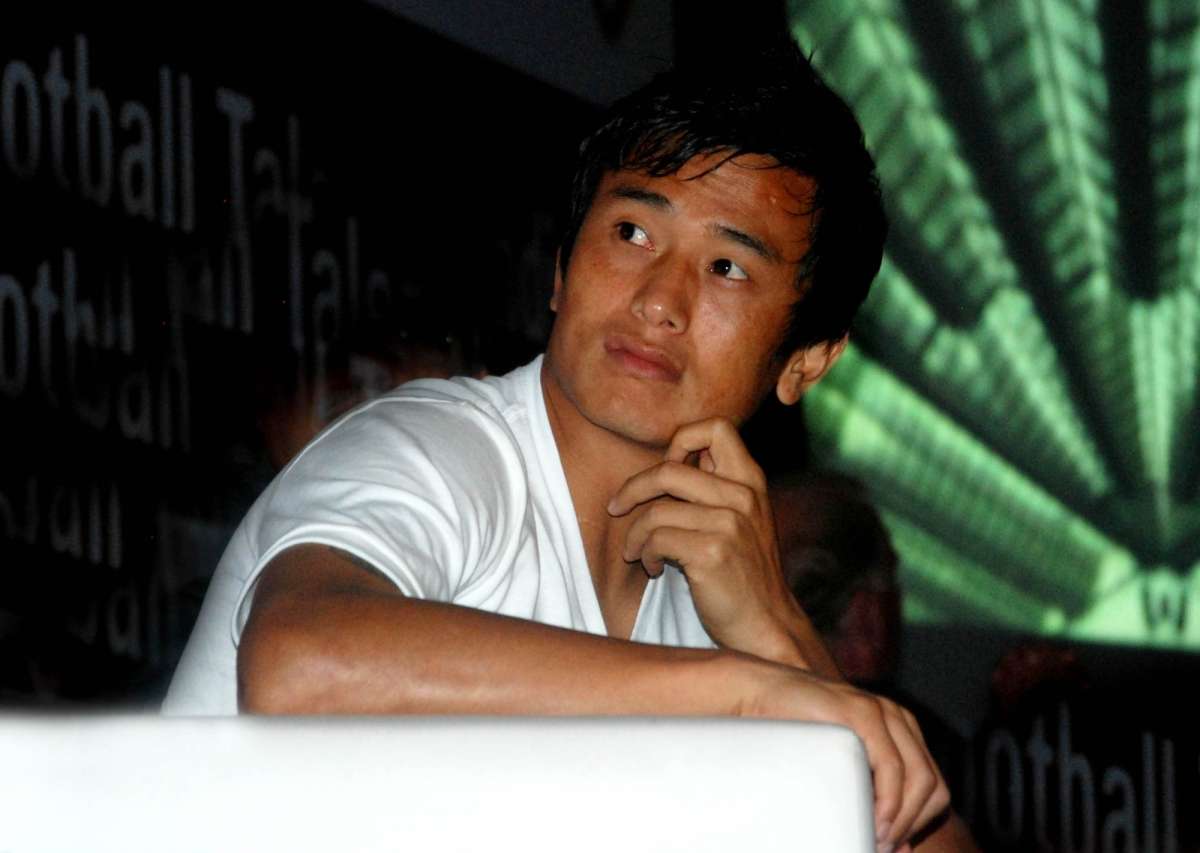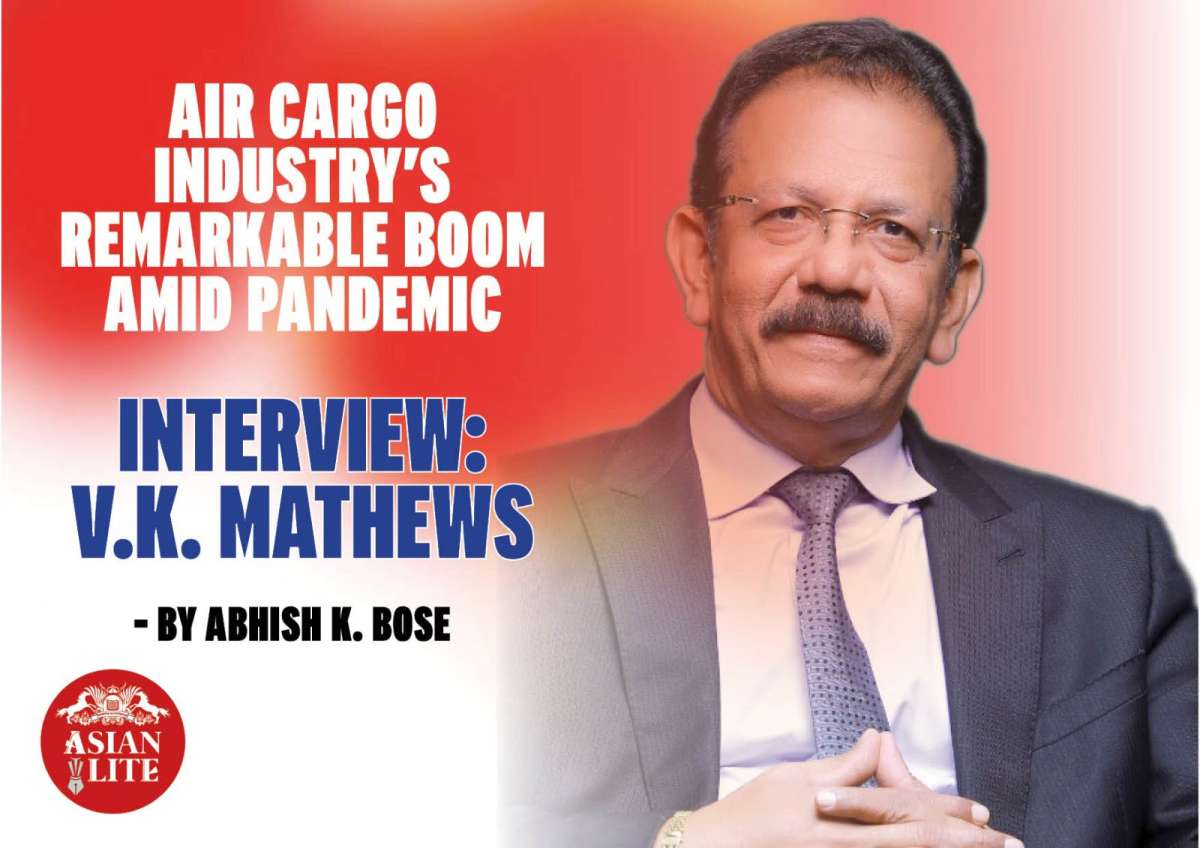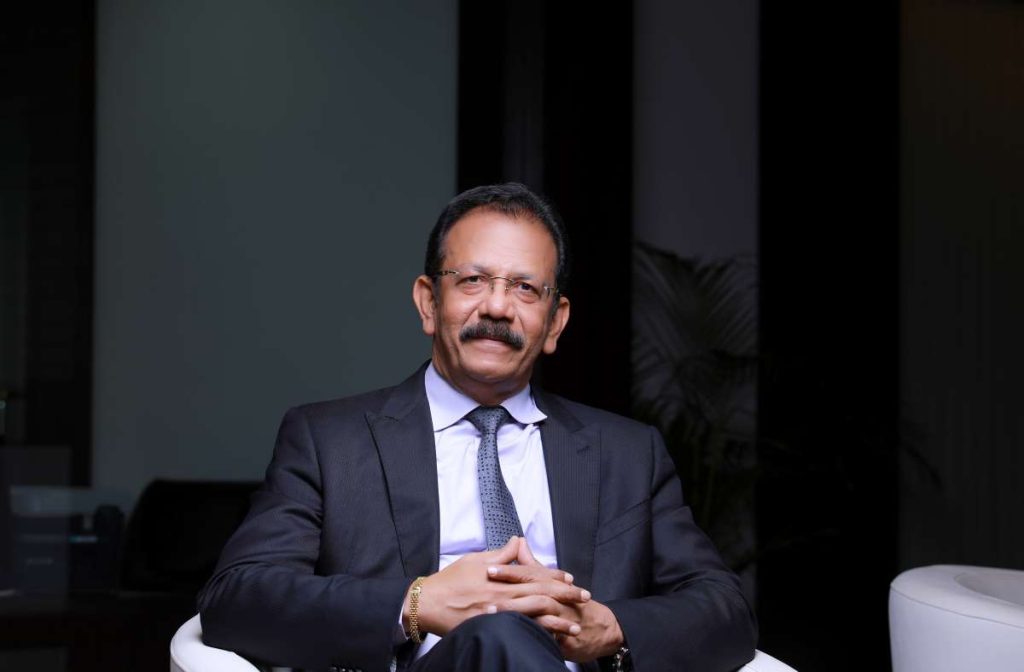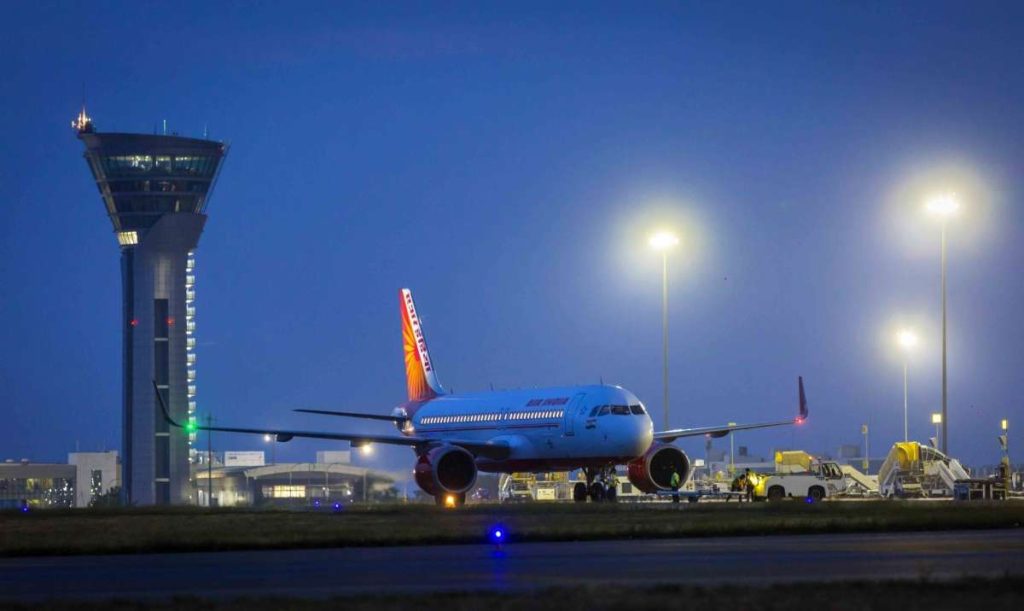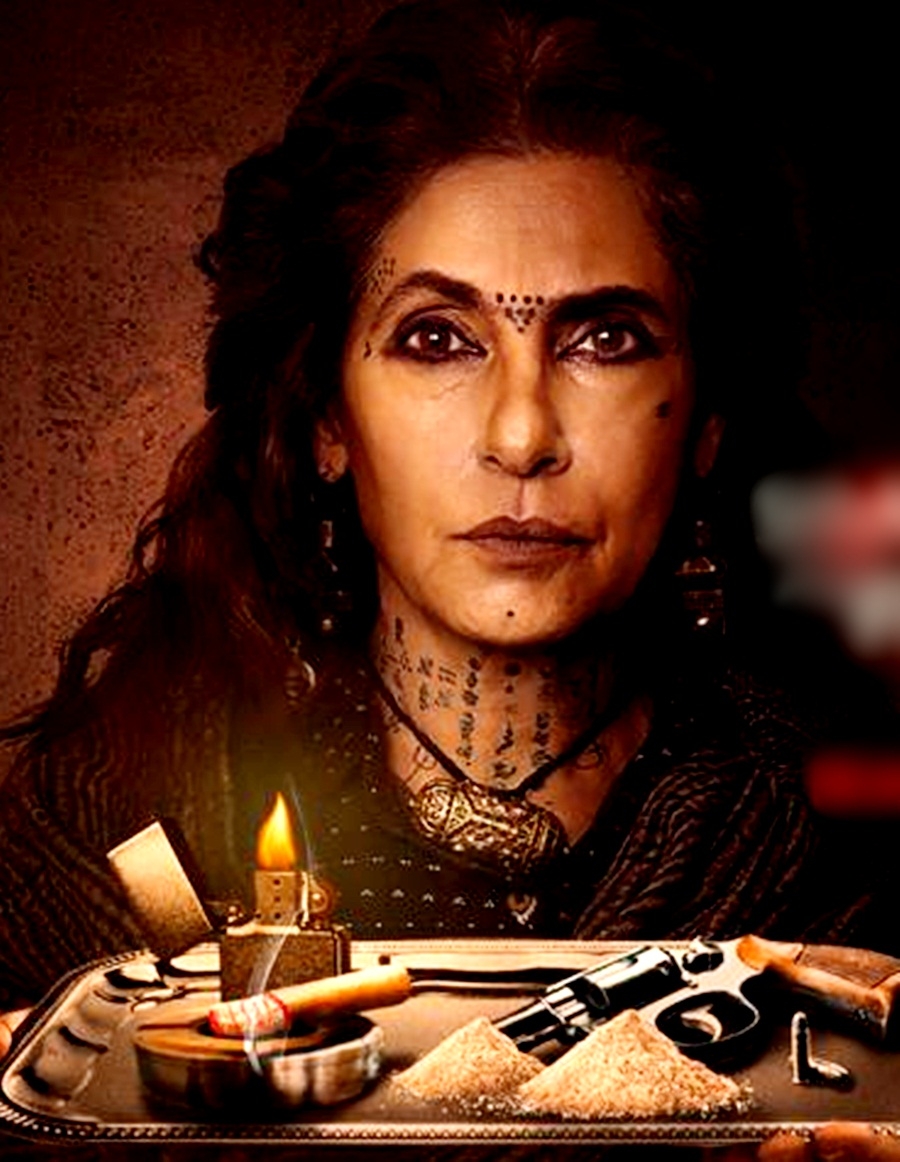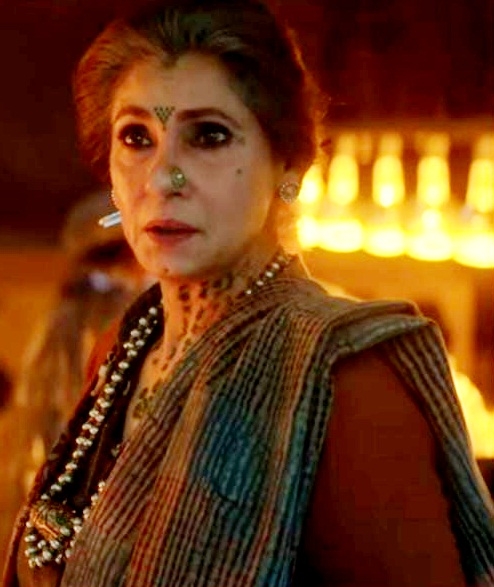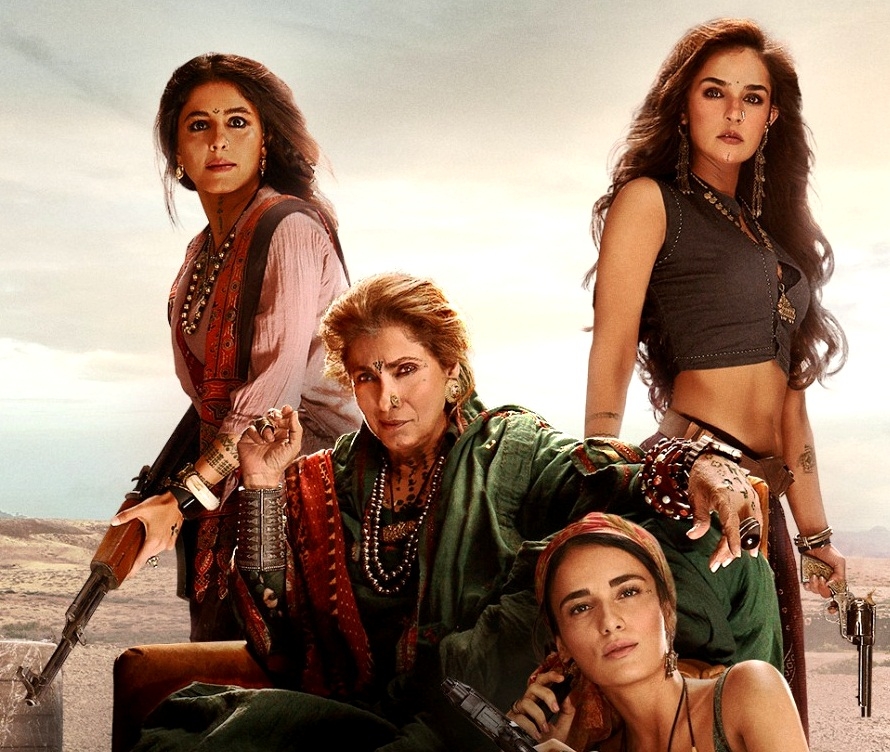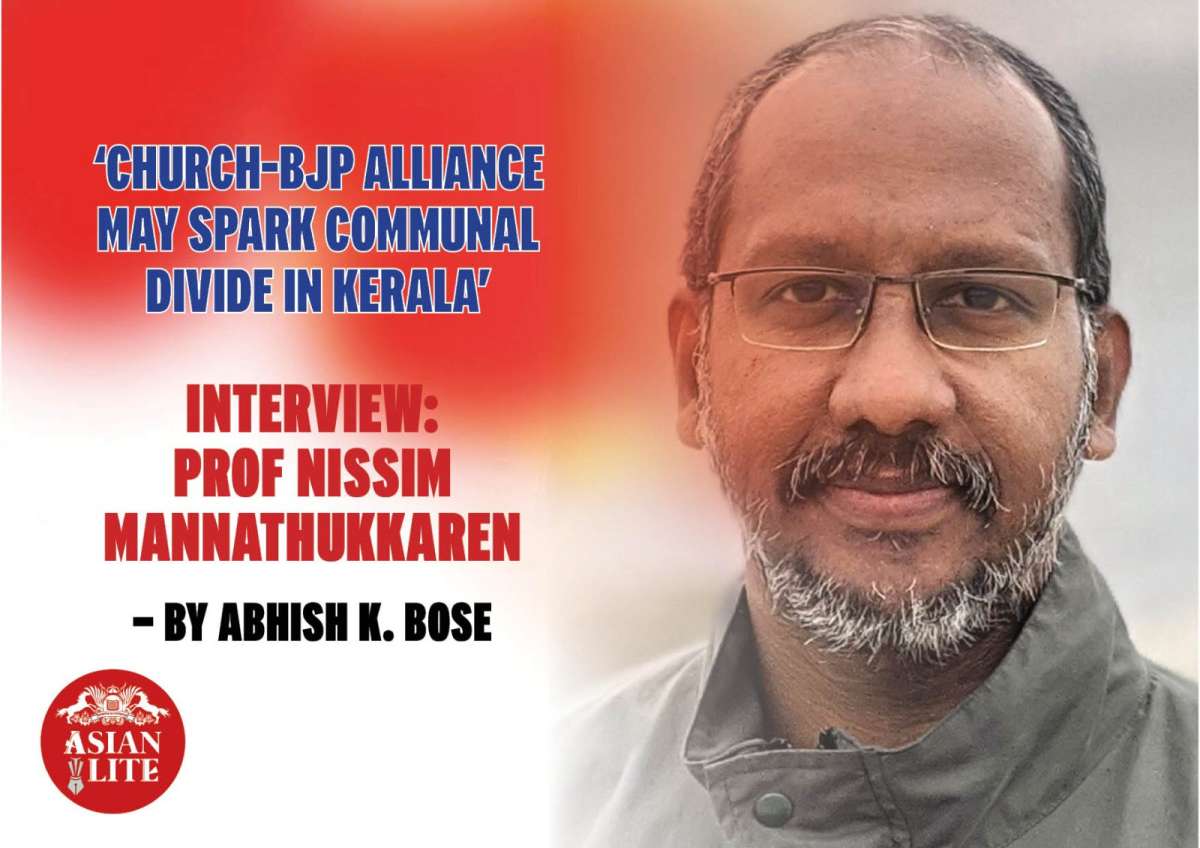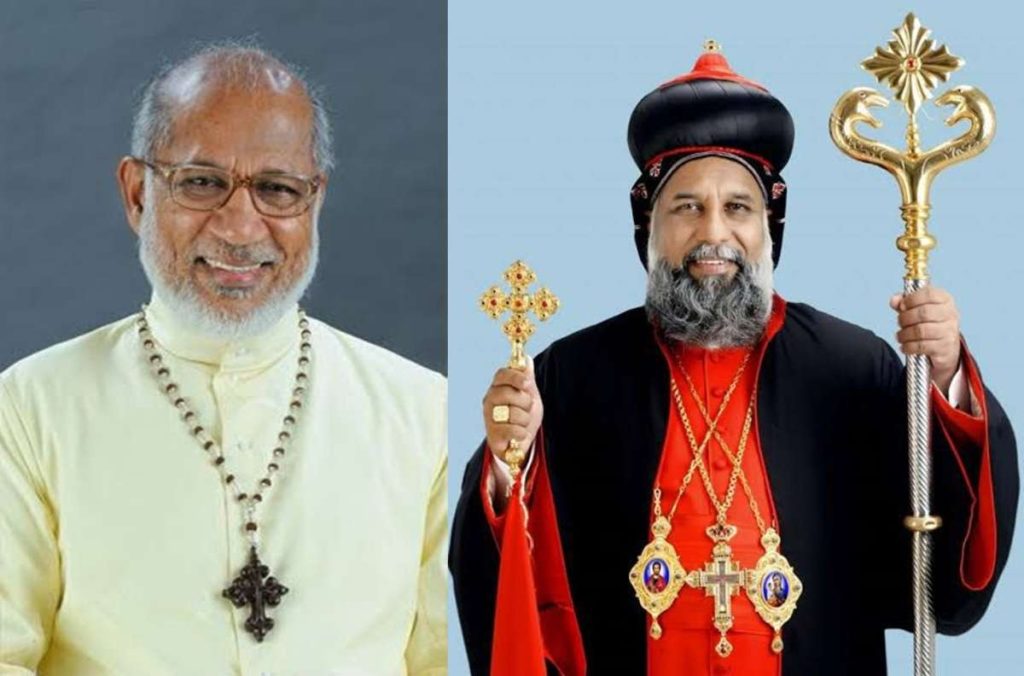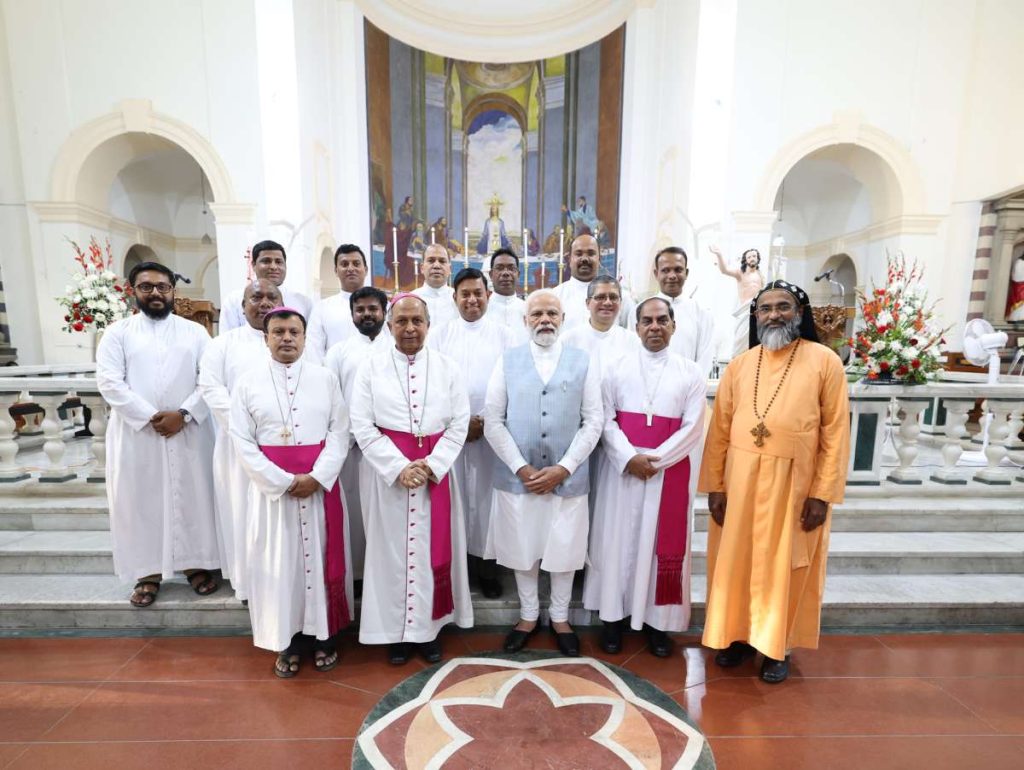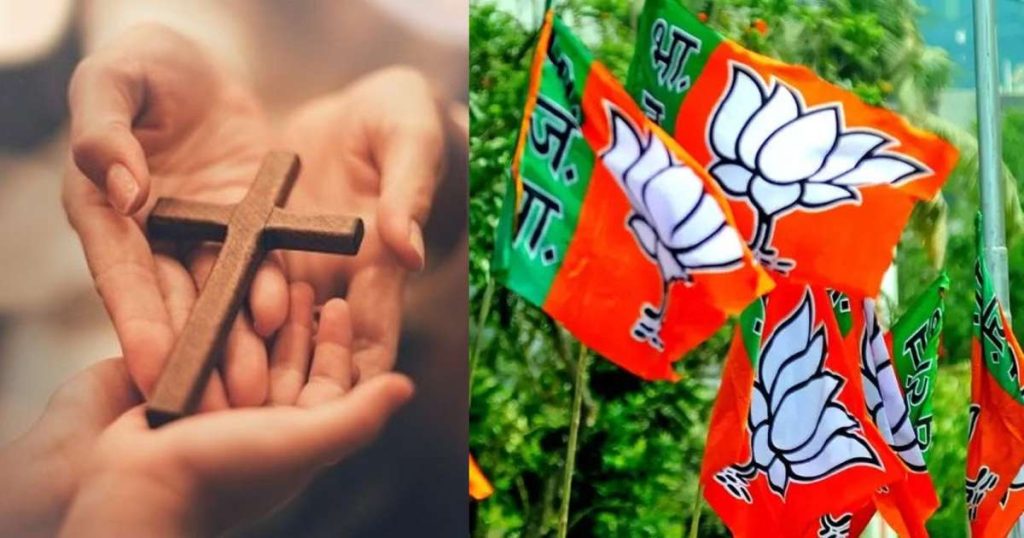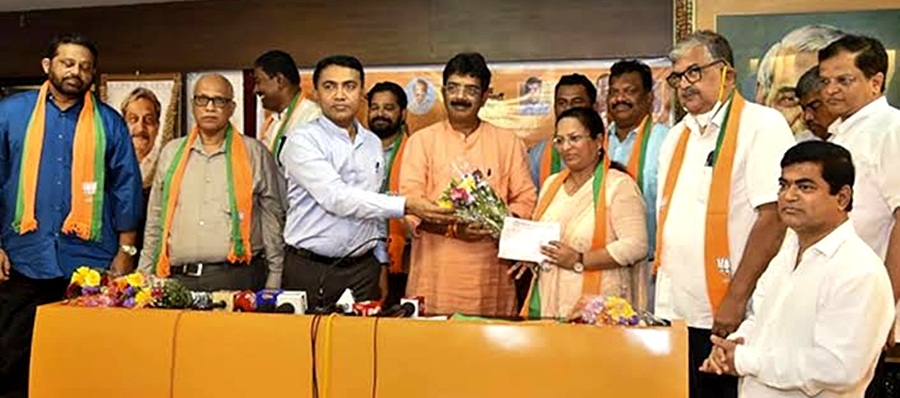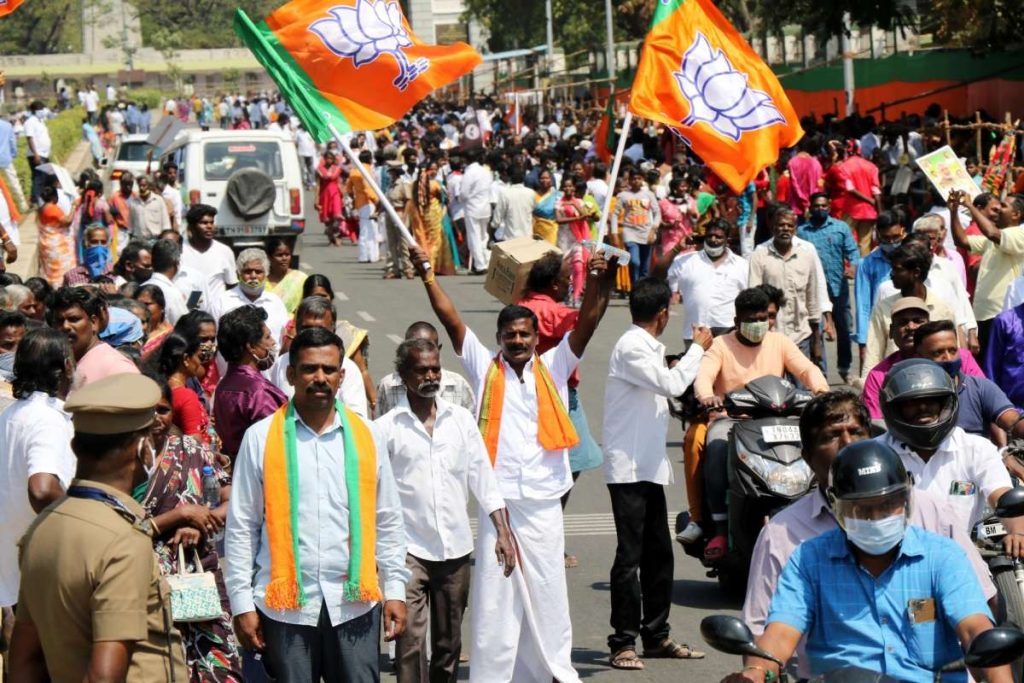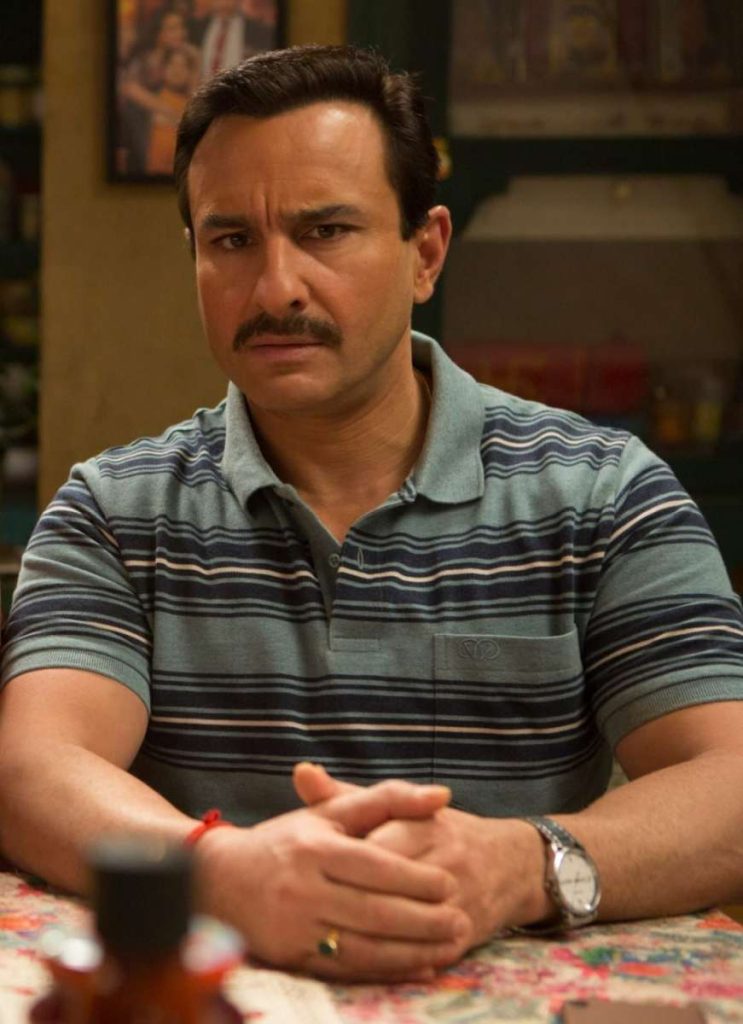Prof. JR Sharma is a distinguished academic luminary who has left an indelible mark on the development of higher education in India. With a diverse knowledge and expertise he has brought about significant changes in teaching-learning methodologies and academic governance. His profound impact has not only shaped the minds of future administrators but has also empowered faculty and academic leaders across the country.
Having served as a professor at the esteemed National Institute of Financial Management (NIFM), Prof. Sharma has mentored some of the brightest minds in the Indian Administrative Service (IAS), Indian Revenue Service (IRS), and Indian Audit and Accounts Service (IAAS). His vast experience both in corporate and academics has significantly stood the civil servants in good stead in reflecting their learning to the service of the society. Through his mentorship and guidance, he has transformed the teaching practices of faculty members, enabling them to create remarkable learning experiences for their students.
Prof. Sharma’s deep understanding of both Indian and international education systems has placed him as a thought leader in the field. His work not only celebrates India’s intellectual heritage but also opens up new avenues for cross-cultural learning and collaboration. Here’s the Excerpt of the Interview taken by our special correspondent Khushboo Agrahari.
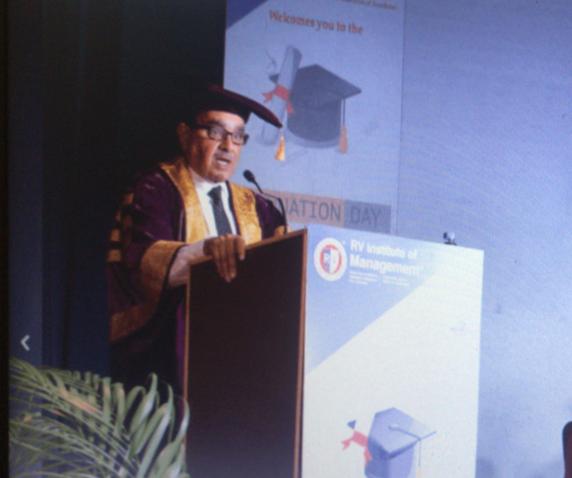
Can you tell us about your journey and what inspired you to become an academician and education reformer?
I owe it majorly to my childhood grooming by Dr. Ram Chand, my uncle, a medical graduate from Lahore in the pre-partition era. I was barely 9 years young when he began to prepare me for the world. He would write for me a 10-minute daily talk on our ancient culture, values, ethics, current affairs to be delivered during the daily morning prayers slot to nearly 500 students of the school, most of those being my seniors. It was here that a seed of passion was sown to gather knowledge and deliver it with an impact. I had barely stepped into the higher education that the war between India and Pakistan seemed imminent. Overwhelmed by the national fervor and extremely excited to enter the war, I joined the Indian Army as an officer and served the nation in various ranks and as a Commanding Officer in insurgencies, fierce battles and wars with Pakistan. Prior to hanging my boots, I once again changed my focus to scholarly pursuits in academics and subsequently joined a lucrative corporate senior leadership as Chief Executive of a MNC that had higher education as one of its flagship verticals. I later went on to teach some of the brightest minds of India-the senior civil services officers at the prestigious National Institute of Financial Management (NIFM). I soon learnt that a large number of higher education institutes in India were struggling in delivering a top-quality education. The quality of teaching-learning was rudimentary and learning practiced in health sciences institutes in the area of diagnosis was significantly obsolete, discovery of drugs laborious, and resulting treatment and surgery was not digitally fully optimized. I found the world going speedier than India. I stepped in to play my part and contribute to make teachers up-dated with the domain knowledge and contemporary teaching-learning so that they could stay relevant.
Could you share some specific examples of the transformative changes you have implemented in teaching-learning methodologies and academic governance during your mentoring of higher education institutes.
I was fortunate to have had a fair degree of exposure to the Ivy league and other eminent universities of the world, and learnt about their ‘best practices’ in teaching-learning, research and studied their significant impact on the students’ outcomes, industry and societal benefits. An exposure to the labs at Harvard, MIT and NUS was particularly very useful. In the wake of paucity of the national funding and dearth in quality faculty, we in India continue to struggle to set up cutting edge technology powered labs and are not adequately advancing our research in most of our universities in India.
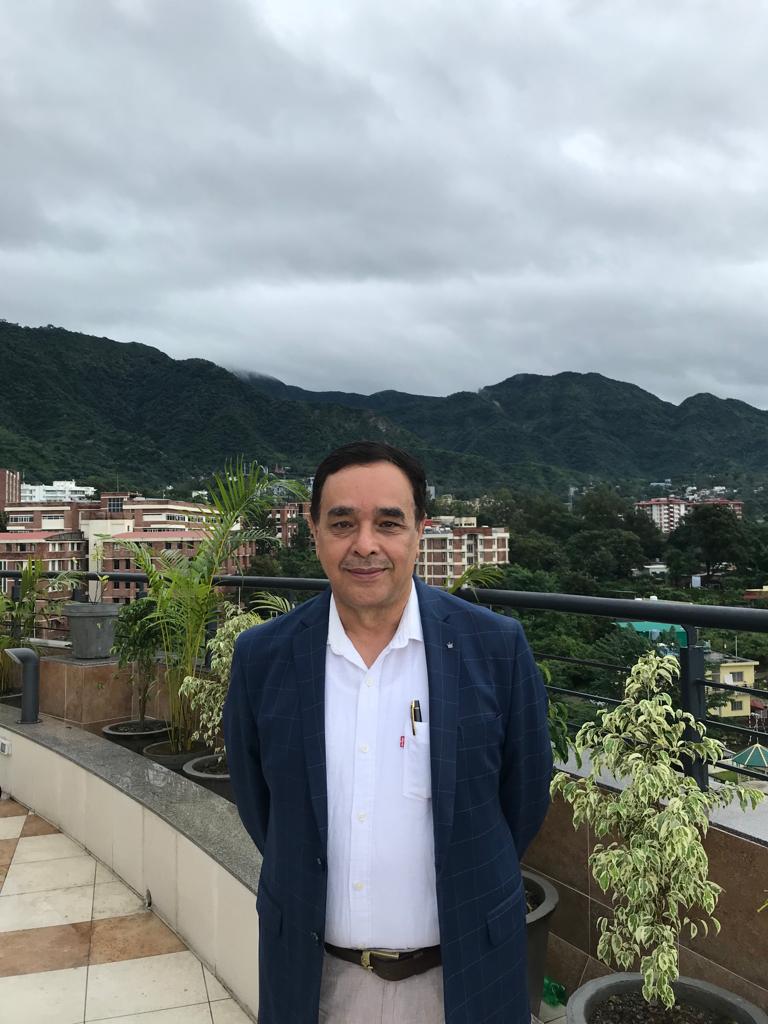
I began my transformative efforts by undertaking to assess and reform the ‘Work-integrated Learning Programs’ of BITS Pilani, an institute of eminence in India. A large number of institutes delivering online education in India have since benefitted by the model of reforms developed by me. Briefly put, the reforms point to an enhanced use of technology-powered teaching tools, virtual labs, developing courses on the advanced Learning Management System (LMS), use of simulators, AI, AR and VR, including but not limited to the digital enabled assessment and evaluation of outcome-based education process.
Mentorship plays a crucial role in shaping the future of education. How have you empowered faculty and academic leaders to create remarkable learning experiences for students across various higher education institutes in India?
I believe, there are majorly two types of people one meets routinely; one who are self-driven and the other who need a push. It is the second category of faculty which perhaps require a serious mentoring effort. It is to our dismay that in India, the teaching profession is not quite lucrative and hence doesn’t draw a top talent of India. It constantly throws up a compelling need to develop them into effective teachers. I am glad that it was possible for me to mentor over the past 5 years, a little over 100 universities and colleges’ faculty who received a series of self and professional development training, skilling, and hand-holding in the use of digital teaching tools and mentoring on their research pursuits.
Your talks have shed light on the rich Indian medieval knowledge base and inventions. Could you elaborate on some of the striking features, knowledge, and practices you have shared with the world to foster a global approach to education?
While speaking at the world summit (WOSA-3) attended by over 17 countries and by 1200 delegates, I had been bestowed a rare privilege to provide deep insight to the world delegates on the ancient Indian knowledge in mathematics, astronomy, Veds, Upanishad, Puranas, Ayurveda, Yoga, Meditation, Indian philosophy, lessons on life from Gita, spiritual wisdom, rich culture, traditions, literature, architecture, classical dance forms and how the world can benefit from it. The developed and not so developed world too has so much to give to India in the culture and contemporary digital and scientific advances, teaching-learning and accreditation best practices, research and cutting-edge technology. During my travel overseas, I found that there was a huge curiosity in the world to know so much more about India and its culture.
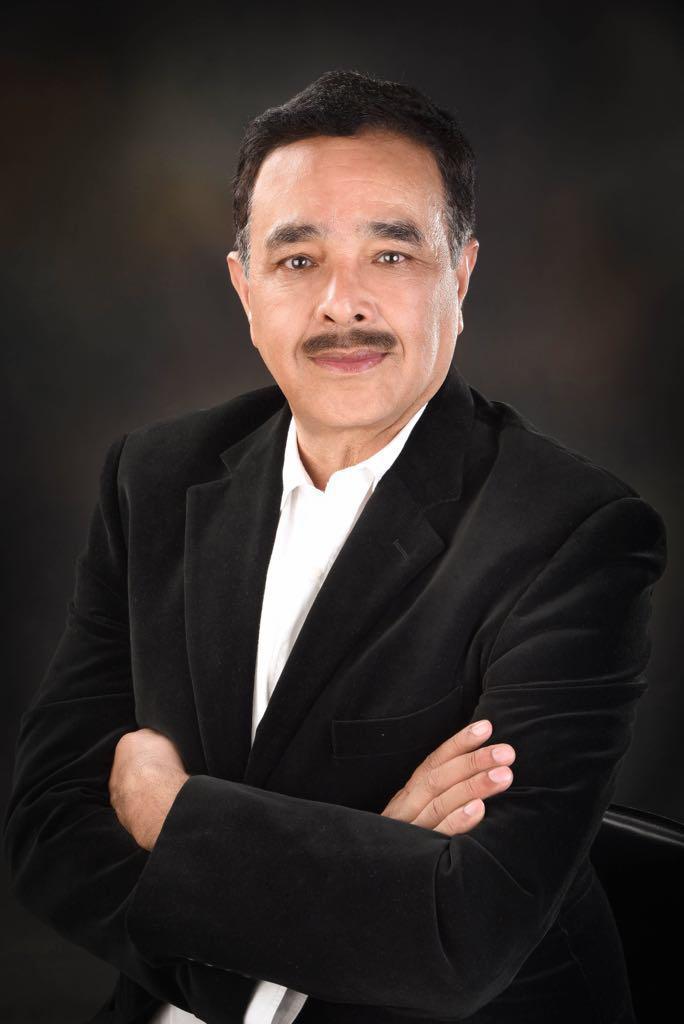
How do you see the integration of historical Indian knowledge and inventions with contemporary education benefiting students and educators both within India and on a global scale?
Historical Indian knowledge is grounded in wisdom and harmony with oneself and with the rest of the world. “One Earth, One Family, One Future”. The notion of universal brotherhood is the key thought. The current armed conflicts, terrorism, religious fundamentalism and other upheavals facing the world including but not limited to invading the very sovereignty of a country and resulting in the bloodshed of innocents has a profound solution in the Indian knowledge and value-system. Interdisciplinary and multi-disciplinary education system encompassing holistic development of human beings must never be lost sight of, and balance maintained when pushing for technologies and research that could go terribly stray, and develop a potential to harm the humanity and the planet.
In your opinion, what are the key challenges and opportunities in the Indian education system today, and what steps can be taken to address them effectively?
I have always believed in the potential and abilities of my countrymen. They are already making Indians proud, globally. We are passing through an exciting era when India is in a big youth-bulge. The next 25 years is the most critical period when India should attain Gross Enrolment Ratio of at least 50% and super-skill 60 % of its youth through vocational and other platforms. This would jettison India to the top three developed economies of the world by 2050. India must therefore enhance its education budget substantially from the current level and create enabling platforms and offer impactful learning experiences for our youth. India has the world’s largest fragmented system of higher education institutes and most of the small-sized institutes are struggling in quality deliverables. We should quickly merge and re-reorganize them into viable and sustainable quality institutes. The most complex Indian polity, leading to quite a few states not towing the lines of the national policy on education is an all-time big barrier in the line of growth. It is a huge challenge to get all the states on the same page and take the initiatives forward.
How do you envision the future of education in India and what role do you believe academic and governance reforms will play in shaping it?
India is at the cusp of a major surge in education excellence and skilling for the future. It has formulated a highly forward-looking policy and initiated far-reaching education reforms. These are-truly watershed moments for India’s education landscape. All it needs is to triple its budgetary resources for the academics and research from the current level for the next one decade, provide students’ scholarships enabling them to access top quality education, make faculty a lucrative profession, and thus draw intellect. It must develop resilience and sustainability by seeking unwavering participation by all the states in implementing National Education Policy 2020. In addition, it must involve line ministries, industry, foreign universities and forge collaborations in setting up cutting-edge research and innovation labs.
What advice would you give to aspiring educators and academic leaders who are passionate about making a positive impact on the education system?
I for one, won’t prefer to become obsolete, irrelevant, get stale and stinking. In any case, advancements in digital technology are already beginning to disrupt the traditional methodology of teaching-learning. AI and myriad online workspaces are providing access to lectures, information and knowledge as well as training almost free. The campuses could soon go near empty except for a few face-to-face engagements and access to research labs. It may rattle a few minds to know that while seeking feedback from the learners in the ‘online’ learning mode at the BITS Pilani, I found that the online feedback had generated an average of 80% learners’ satisfaction level which self-speaks for its popularity. I would therefore like to advise the aspiring educators to continuously upgrade their skills and be a degree better than their students. As regards academic leaders, I would recommend them to frequently move out of the comfort of their chairs for most part of the day and be on the ground where research, innovation and ideas are germinating and developing into proto-types. Be in the role of mentors and ‘Karam-Yogi’- the action-driven people, and not merely be seen carrying a baggage of the past, filled with ego and arrogance. They must create an environment of free exchange of views and rely on ‘the best idea wins.’ Last but not the least, all educators and academic leaders must accord top priority to students and do everything possible to hone in the attributes and skills best required in the programs they embrace.
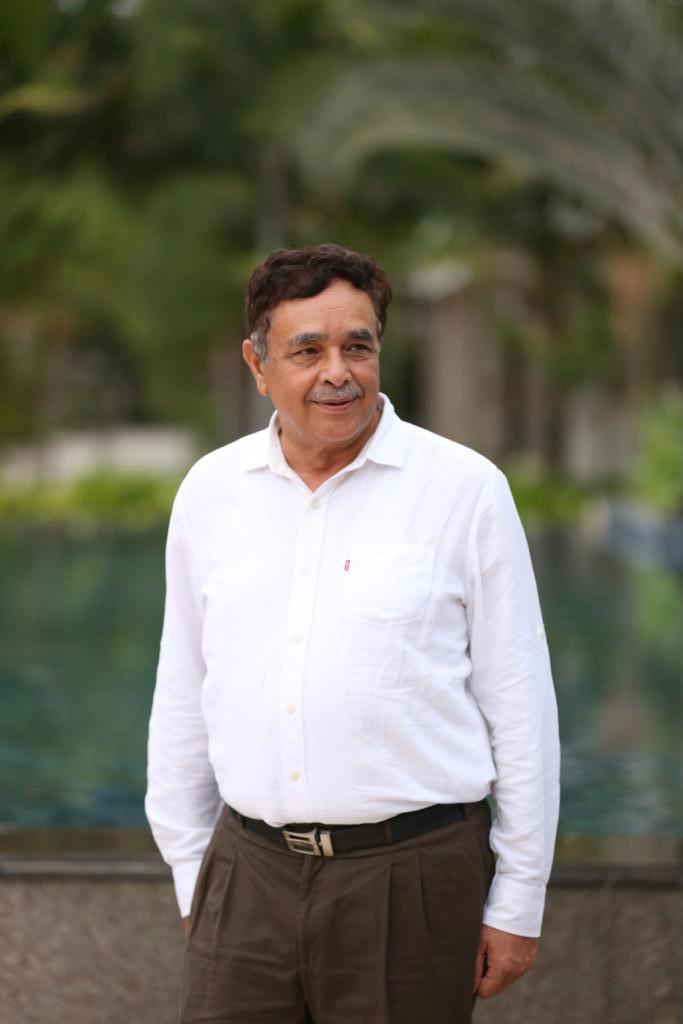
Finally, what are your current and future projects or initiatives that aim to further enhance teaching-learning methodologies and academic governance in India?
I have a dream to meet and that requires a long and partly-paved path to transverse. I plan to continue contributing in the giant effort of the government of India in implementation of the stated objectives of the National Education Policy 2020, particularly assisting various state governments by providing clarity and invite congruence on various policy initiatives by allaying their apprehensions, if any. In addition, I would continue to mentor and empower the teachers of higher education institutes, across India in continuously developing in meeting the challenges thrown up by an ever-evolving technology, and try and provide solutions to stay relevant.
ALSO READ-Al Jalila Foundation Commits AED 46 Million for Medical Education & Research

